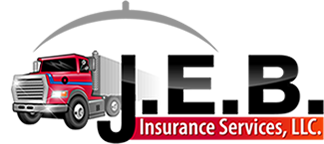Driving ten-hour shifts every day is already a dangerous proposition. OSHA regularly puts semi-truck driving as one of the most chronically dangerous jobs in the United States. Adding drugs to the mix makes it even more dangerous, and that’s why random drug testing has become so rampant in the industry. But even with the warning that a failed drug test can all but end a trucker’s driving career (despite the current shortage), drugs are becoming more and more common in transportation and warehousing.
What’s causing the increase in drug use?
It’s hard to speculate why truckers and workers in transportation and warehousing are increasingly drug consumption, especially without hard data. But the risk factors that impact the general population are even higher for drivers, including:
- isolation. Drivers spend the majority of their time on the road without social contact or interactions.
- boredom. Even for drivers who try to separate drug consumption from their driving times, there may be plenty of opportunities to do recreational drugs without thinking it will do any harm.
- chronic pain. As marijuana is processed into CBD oils and other medicinal or wellness products, the line gets blurred. If it doesn’t have THC, it might be okay. If it has the smallest trace, the trucker’s career may be over.
What can your company do about marijuana use?
Regardless of the state-based decriminalization of marijuana, your company probably follows a strict zero-tolerance policy. If it’s mandated by law, there’s nothing you can do about it. But in occasional circumstances, like in the case of Douglas Horn getting fired after using an allegedly THC-free CBD oil, everyone loses.
So start 2019 with a reminder to all of your drivers. Make sure your drug policy is clear and well-reviewed. Bring up the potential dangers of products that toe the line between allowed and illegal. Unlike with recreational use or harder substances, your employees might not know that something’s wrong. Give employees a space to ask questions without penalty whenever possible.
When your drivers know how to stay safe down to the letter of the law, your company is safer, too. For more news and safety tips, go to J.E.B. Insurance Services, LLC. We provide commercial truck insurance in the states of Florida, Georgia, Texas, North Carolina, South Carolina, Tennessee, Illinois, Iowa, and Nebraska.


